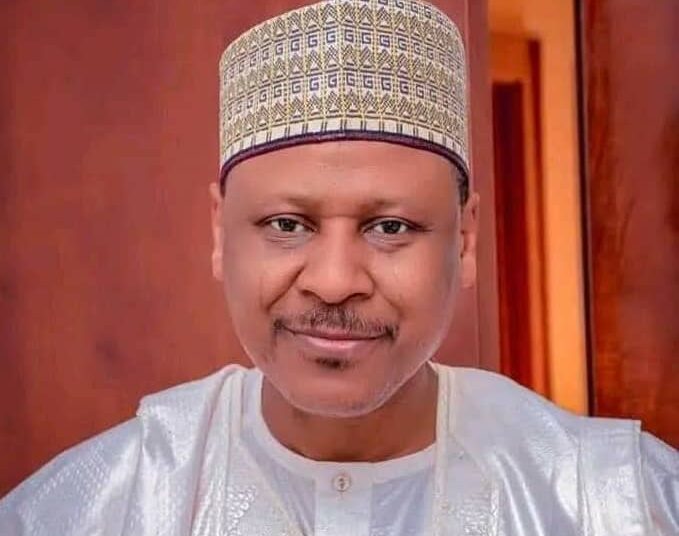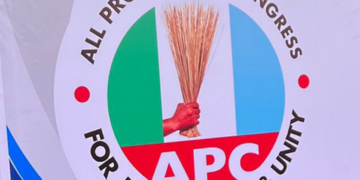Minister of information and national orientation, Mohammed Idris, has declared that boosting small businesses remains part of the economic reform agenda of President Bola Ahmed Tinubu’s administration.
Idris made this assertion yesterday in Abuja, at the media activation and town hall meeting on the federal government loan scheme for Medium, Small, and Micro Enterprises (MSMEs) and manufacturing enterprises.
He said the government is targeting MSMEs with its intervention programmes because they remain the engine of the Nigerian economy, collectively employing over 80 percent of the nation’s labour force and contributing nearly half of the national GDP.
“The goal is to further diversify the Nigerian economy, create jobs, promote value addition, revitalize our communities, and boost exports and foreign exchange inflows. We are also keen to ensure that these targeted support programs go a long way toward alleviating the pains and challenges being experienced as a result of the bold economic reforms being implemented to put our country back on the track of sustainable growth and prosperity.
“We fully recognize that these reforms may have caused temporary hardships, especially for vulnerable populations, and we will do everything in our power to cushion the discomfort. These single-digit loan facilities will be complemented by ongoing tax reforms designed to reduce the tax burden on Nigerian businesses,” he said.
The minister noted that to ensure no part of the country is left behind, similar town hall meetings are being held simultaneously across the six geopolitical zones to gauge the sentiments of MSMEs and mobilize them to take advantage of the interventions to further enhance their businesses.
Idris added that the Tinubu administration is committed to repositioning Nigeria for rapid economic growth and, is prioritizing hardworking and energetic entrepreneurs across the country for its intervention schemes.
He said the first phase of the programme was the N200 billion federal intervention, with N50 billion disbursed as one-off conditional grants targeted at the nano-business segment of MSMEs.
He noted that the second phase, totaling N75 billion targets micro, small, and medium-sized businesses.
The minister stated that, under the Tinubu Social Intervention Programmes, applicants only need to submit their applications to access the interventions, without requiring connections or government contacts.
“But as we have seen with many of the Tinubu administration’s programs—from the Students Loan Fund (NELFUND) to the Consumer Credit initiative, the Presidential CNG initiative, and the 50 billion Naira grant fund component of this presidential grant and loan scheme—you do not need connections to benefit from the renewed hope being delivered by President Bola Ahmed Tinubu.
“This is a government of equal and fair opportunities for everyone, and I have no doubt that the selection process for these loans will be guided by the same principles of equity and transparency that the President is determined to entrench in governance in Nigeria,” he said.
The minister, emphasising that robust stakeholder engagement is paramount for the successful implementation of government programmes and policies, commended the Office of the Vice President and the Bank of Industry for taking the lead on this laudable programme and for working hard to make it an enduring success.
He also directed all public information agencies, particularly the National Orientation Agency, to work closely with the Office of the Vice President to provide extensive public sensitisation on the federal government’s intervention programmes nationwide.











